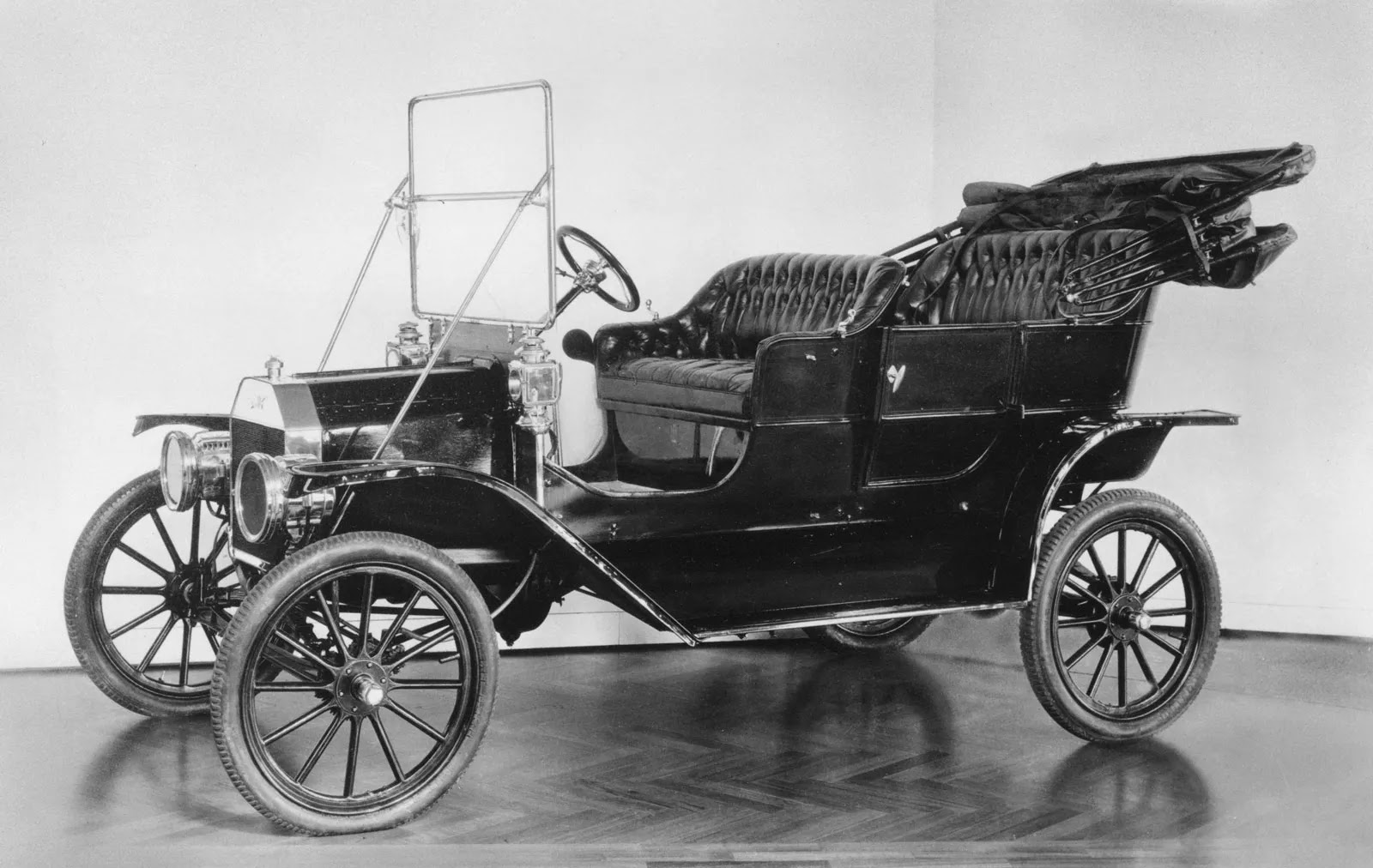Unfortunately with the rapid development of our society, technology is no longer a want but a necessity. There have been numerous times where I have attempted to “quit” technology but could never fully commit. It is almost like living in a completely dark room, with no light switch and a super small peephole into the world. It is incredibly shocking how little one can “live” in America without the constant need to check their email, messages or social media. According to this article written for reviews.org, Americans tend to check their phones a total of 144 times a day, and that approximately seventy-five percent of Americans feel uneasy if they have to go without their cell phone.
I for one have suffered from technological addiction for a good majority of my life. According to my diagnostics I spend approximately thirty-one hours a week on my cell phone, which breaks down to look like six hours a day of mindless scrolling. This behavior is a normal week of cellular activity; nothing in particular has occurred to affect my behavior towards my cell phone. Even while trying to gather information and writing up this post I seemed to constantly end up back on my cell phone, scrolling through Instagram or TikTok.
Being addicted to scrolling through social media isn’t my main issue with technology either. We’ve touched on the idea of privacy in class and discovered that there isn’t any. I’ve realized that I spend a lot of time “going out” but never really live in the moment, instead I capture “Instagram worthy” photos to post on social media. It's also not like I’m capturing these photos to put in a scrapbook, nine times out of ten I’m posting photos I’ve taken on my very public social media platforms. These photos have included very obvious indicators of where I’ve been and what I’ve been up to. I could easily go back and take down my Instagram or TikTok, but I won’t because like everyone else in society I feel by posting my life online I’m proving something.
Actually according to Viasatsavings.com, most eighteen to twenty-four year old's actively own public accounts of some form on sites like Twitter, Instagram, and TikTok but will choose to be more private on sites like Facebook. This is because of the rise in popularity of the previous sites over the older Facebook.
I touched on the idea of validation seeking through these sites in the previous paragraph, I stated that I feel as though by posting or being active on sites that are trending I’m a part of the “it” crowd. I feel as though the statistics brought up by Viasat help demonstrate this further because it is the popular and newer apps where we see users who prefer public accounts versus private.
Overall it seems that technology will continue to rot society, whether it's the taking of jobs or the codependency on the information readily available in your hand, we will never be able to let it go. For me my vice is social media, for the next person it might be online video games or AI development. Technology has us in a chokehold, one that we are actively participating and encouraging.


















